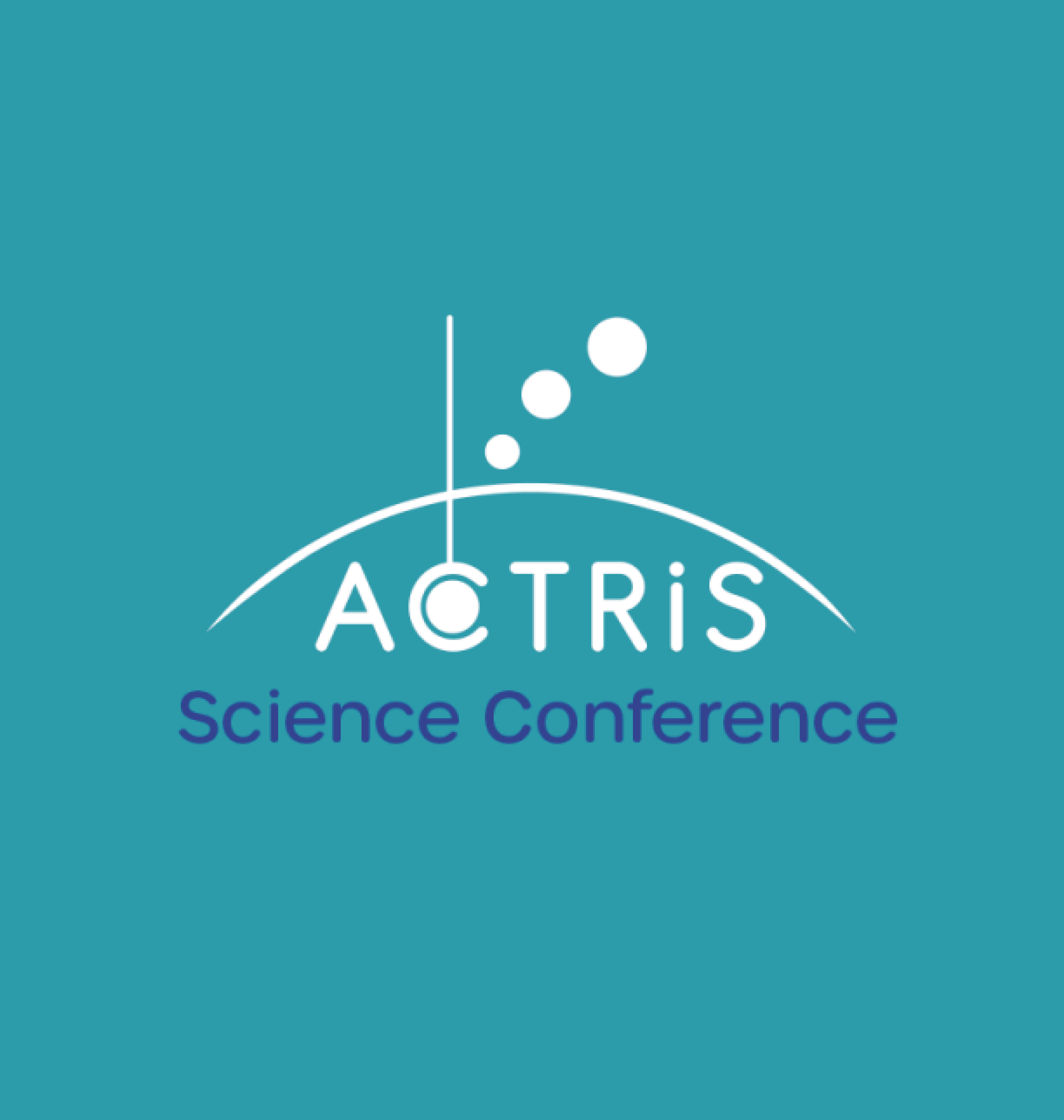ACTRIS Science Conference
Home | Events | Researchers | ACTRIS Science Conference

-
Online, 11–13 May 2022.
| Hosted by | ACTRIS (ENVRI Community Member) |
| Organised by | Institute for Atmospheric and Earth System Research (INAR), University of Helsinki Atmosphere and Climate Competence Centre (ACCC), University of Helsinki ACTRIS Interim Head Office |
| Supported by | European Commission, University of Helsinki, Academy of Finland |
| Funded by | European Union research and innovation programme under grant agreements ACTRIS IMP (871115), ATMO-ACCESS (101008004), RI-URBANS (101036245) and Academy of Finland via ACCC Flagship (337549). |
| Overview | The three-day open ACTRIS Science Conference aims to bring together members of different atmospheric science communities and discuss the latest scientific breakthroughs e.g., in air quality and climate research. The contributions are solicited on the topics covering all aspects of ACTRIS scientific activities. Furthermore, we would like to encourage participation of the scientists working in the other European Environmental Research Infrastructures to share their findings and access unique opportunities for networking and Research and Development collaboration! The scientific topics include, inter alia: – climate change – air quality measurement – technology development and innovation – atmospheric composition and vertical profiling – aerosol particles, trace gases and clouds – harmonisation of observations – laboratory experiments – mobile measurements (measurement campaigns and experiments) – calibration/validation of satellite observations – ACTRIS data usage in models |
| Participation and call for abstracts | The ACTRIS open science conference registration and call for abstracts will open in March 2022. The abstracts will be published in the Report Series in Aerosol Science. |
| Who is it for? | – Research organisations and scientists in the field of atmospheric and environmental sciences – Environmental Research Infrastructures and their staff – Private companies developing scientific instrumentation or services in the field of atmospheric sciences – Industrial end-users looking for new technologies/ services – Air Quality Networks and end users of air quality data interested in enhancing their monitoring capacities and implementing newest scientific findings |
| Contact | For all practical questions, please contact Prof. Tuukka Petäjä (tuukka.petaja[@]helsinki.fi) and Prof. Katrianne Lehtipalo (katrianne.lehtipalo[@]helsinki.fi) |